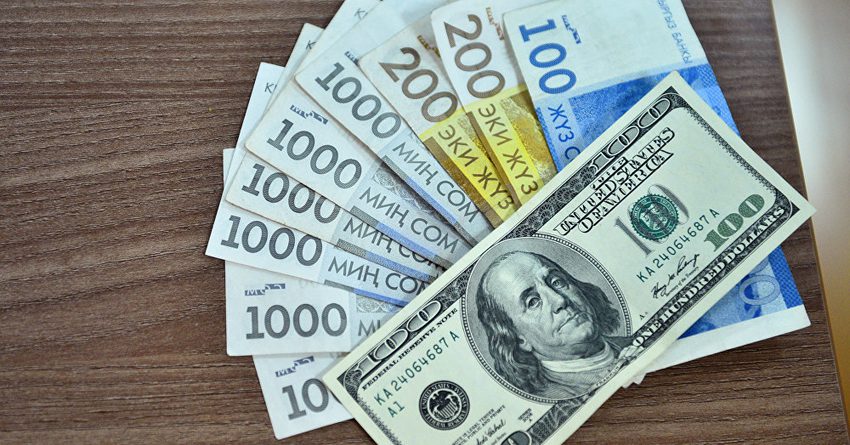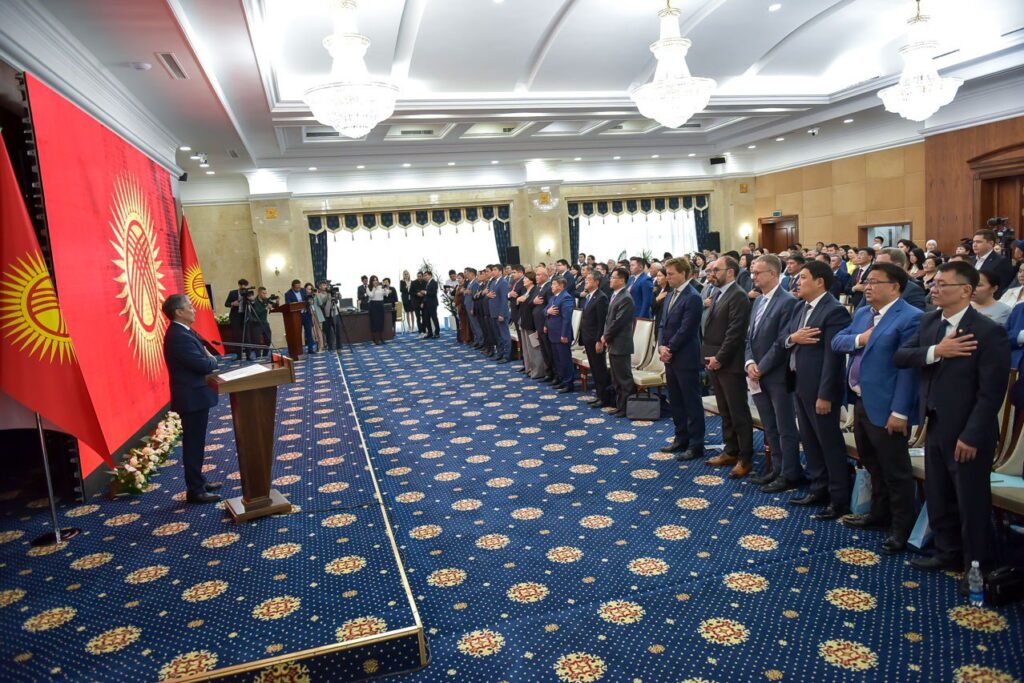Cost of Holding Referendum on Kazakhstan’s New Constitution Estimated at $42 Million
The cost of holding a national referendum on the adoption of Kazakhstan’s new Constitution is preliminarily estimated at 20.8 billion tenge (KZT), or approximately $42 million at the current exchange rate. The figure was announced at a press conference by Mikhail Bortnik, a member of Kazakhstan’s Central Election Commission. According to Bortnik, the estimate is currently under review by the Ministry of Finance, and the final amount will be approved at a later stage. These expenses are not included in the approved republican budget for 2026; funding is expected to be allocated from the government reserve. Approximately 75% of the total sum is projected to be spent on remuneration for members of precinct election commissions involved in organizing and conducting the vote. Another CEC representative, Azamat Aimanakumov, stated that 12,416,759 citizens will be eligible to participate in the referendum. A total of 10,413 polling stations will be opened. Of these, 9,779 will be located at voters’ places of registration, while 634 will operate at temporary places of residence, including 82 polling stations abroad in 64 countries. Polling station commissions are scheduled to receive voter lists on February 22. Citizens will be notified of the time and place of voting between February 27 and March 4. Ballots are to be delivered to polling stations between March 12 and 14. March 14 has been designated a day of silence, during which campaigning is prohibited. Voting is scheduled for March 15, 2026. CEC Deputy Chairman Mukhtar Erman said that invitations to observe the referendum have been sent to relevant organizations in more than 30 countries, including European and American states, leading Asian countries, and members of the Commonwealth of Independent States. Separate invitations to international organizations will be issued by the Ministry of Foreign Affairs. Accreditation of foreign observers will close on March 9. The draft of the new Constitution has been published on the website of the Constitutional Court of Kazakhstan. Under Article 94 of the draft, if approved in the referendum, the new Basic Law will enter into force on July 1, 2026, and the current Constitution will cease to have effect on the same date. The Times of Central Asia previously reported that work on the draft Constitution was being conducted on an accelerated timetable, after President Kassym-Jomart Tokayev announced a package of political reforms, including a proposal to transition to a unicameral parliament.






